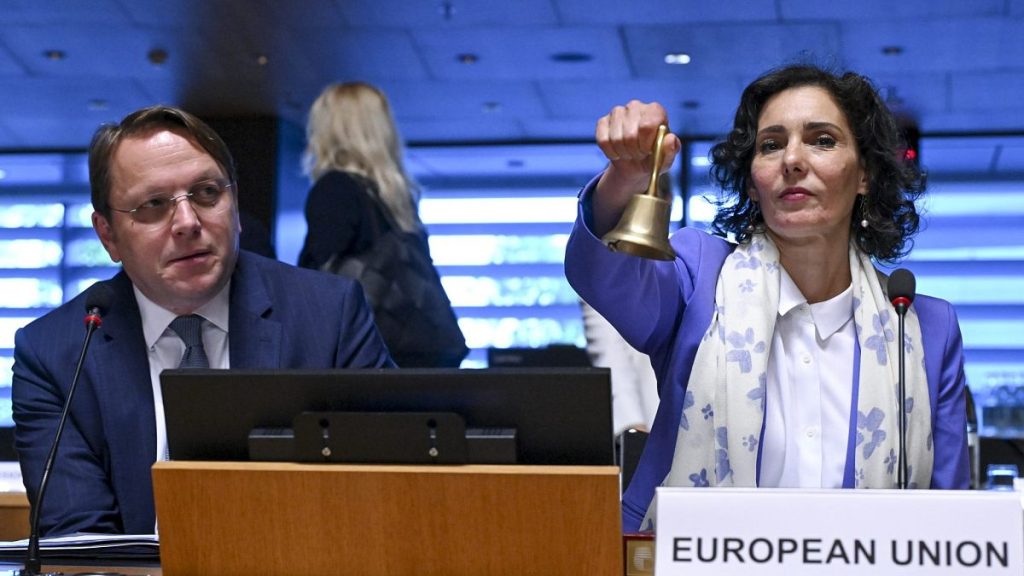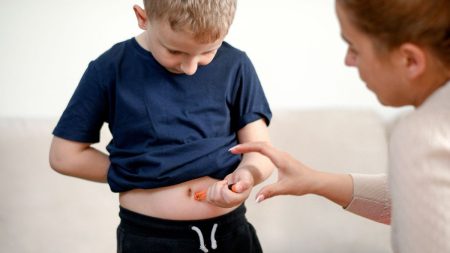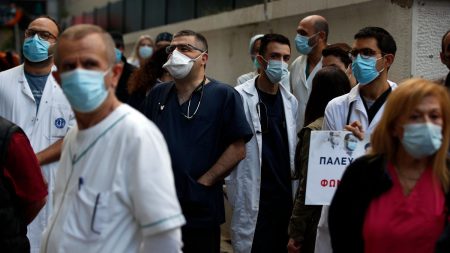The new European Commission, which begins its term this Sunday, presents a unique challenge as health responsibilities are shared for the first time between two commissioners: Olivér Várhelyi and Hadja Lahbib. This structural change was prompted by concerns raised during Várhelyi’s confirmation hearings, particularly regarding his views on women’s health and LGBTQI+ inclusivity. MEPs were unsettled by Várhelyi’s assertion that abortion is primarily a constitutional issue rather than a health matter under EU jurisdiction. As a result, they lobbied for a reassignment of certain responsibilities, leading to Lahbib’s appointment to oversee sexual and reproductive health, an area that had previously been part of the health commissioner’s portfolio.
The reallocation of responsibilities aims to enhance the focus on sexual and reproductive health within the EU framework. Lahbib, a Belgian Commissioner for preparedness and equality, is expected to take a proactive role in addressing the gender health gap globally. Advocates, like Ffion Storer Jones from the German NGO DSW, hope that Lahbib will integrate sexual and reproductive health into EU initiatives such as the upcoming Women’s Rights Roadmap and the Gender Equality Strategy. However, some concerns linger about Várhelyi’s limited trust from Parliament regarding sexual rights, and the effectiveness of collaboration between the two commissioners remains to be seen. Their partnership should ideally operate on principles of collegiality and collective responsibility to ensure cohesive decision-making.
In addition to her role in sexual and reproductive health, Lahbib will oversee DG HERA, the EU’s health emergency preparedness service, which was established during the COVID-19 pandemic. This department plays a crucial role in preparing for health crises, including coordinating stockpiling essential medicines and supplies. As Raquel Castro from the Eurordis patient community emphasizes, Lahbib’s portfolio holds significant potential for strengthening healthcare systems and enhancing the EU’s response to future health emergencies. The transfer of these responsibilities from Várhelyi’s predecessor, Stella Kyriakides, signifies a strategic shift intended to bolster health crisis management within the EU.
Despite these adjustments, Várhelyi retains crucial responsibilities, most notably leading the development of the Critical Medicines Act, which is anticipated to be a key legislative effort for the Commission. This act aims to tackle severe shortages in essential medical products, including antibiotics and insulin, issues that have come to the forefront due to increasing supply chain vulnerabilities. Commission President Ursula von der Leyen has highlighted the urgency of this initiative, with Várhelyi expected to introduce the act within the first 100 days of his tenure. The focus on critical medicines reflects the EU’s commitment to addressing healthcare accessibility and reliability, but it also underscores the complexities of navigating overlapping portfolios.
The intersection of Várhelyi’s and Lahbib’s responsibilities could present significant challenges, particularly concerning potential duplication of efforts and ensuring coherent policymaking. With Lahbib’s DG HERA closely functioning alongside Várhelyi’s DG SANTE regarding drug shortages, it is vital that the two commissioners collaborate effectively. Stakeholders are emphasizing the need for clear communication and well-defined roles to avoid redundancy and confusion, especially given that both portfolios will likely engage in similar areas of public health policy.
Moving forward, the success of the new structure will depend significantly on the cooperation and coordination between Várhelyi and Lahbib. Their ability to manage their respective areas without conflict will be crucial not only for the integrity of health governance within the EU but also for the broader political harmony of the Commission. As the Commission prepares for upcoming engagements, such as the EU Council meeting on health, it remains to be seen how these two leaders will define their collaborative dynamics and effectively represent the community’s health interests on the European stage. The prospects for a harmonized approach to health policy, addressing both critical medicines and sexual and reproductive health, could set the tone for the Commission’s effectiveness in enhancing public health outcomes across member states.














